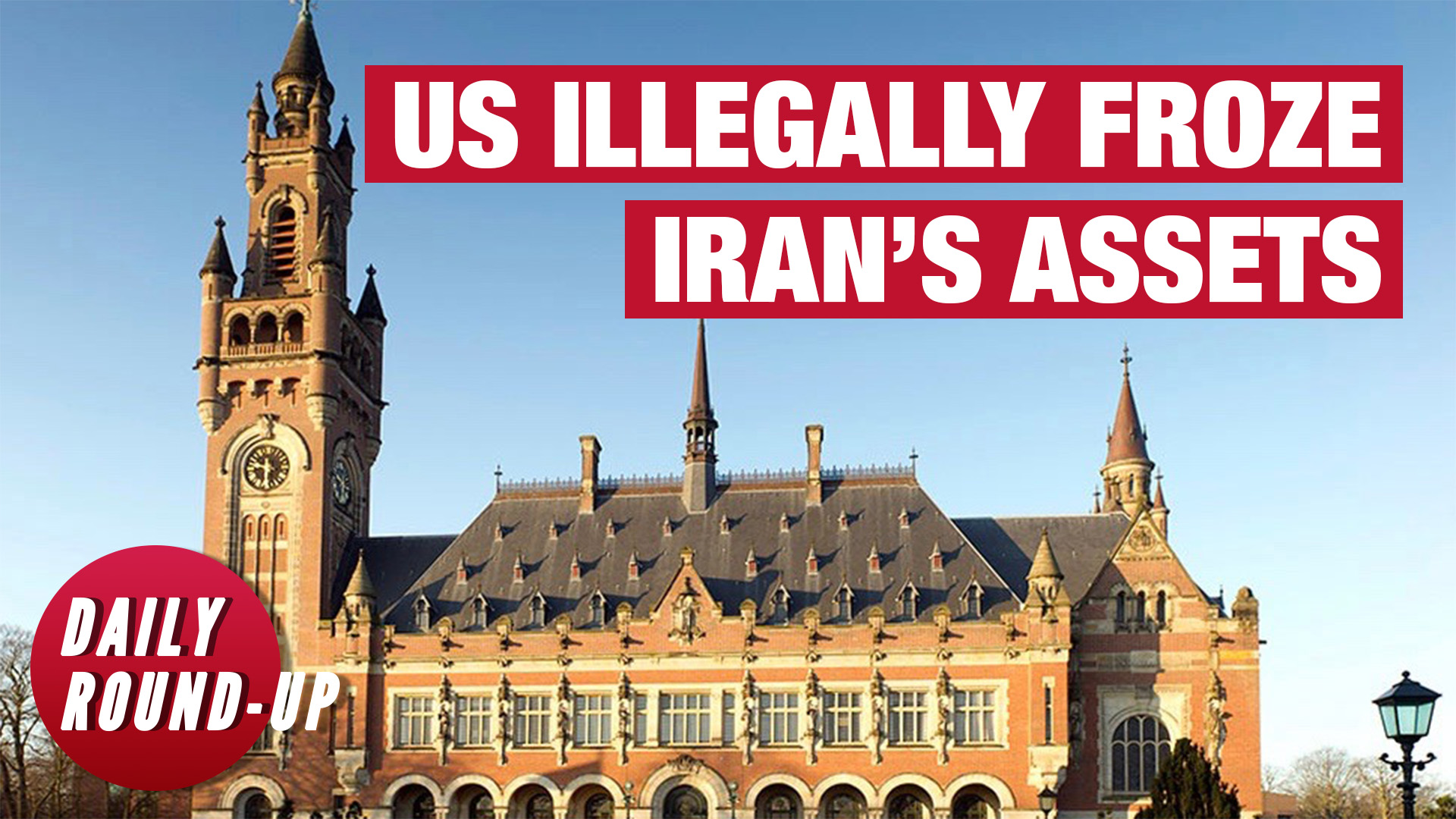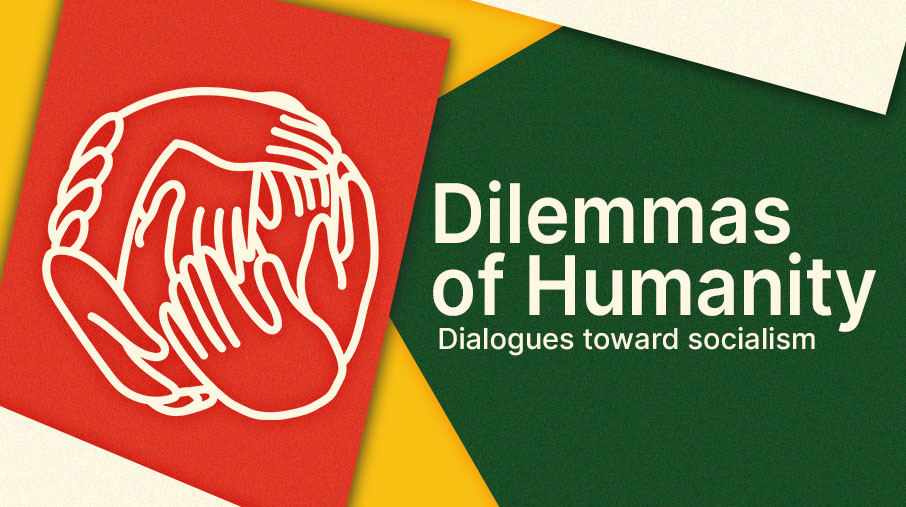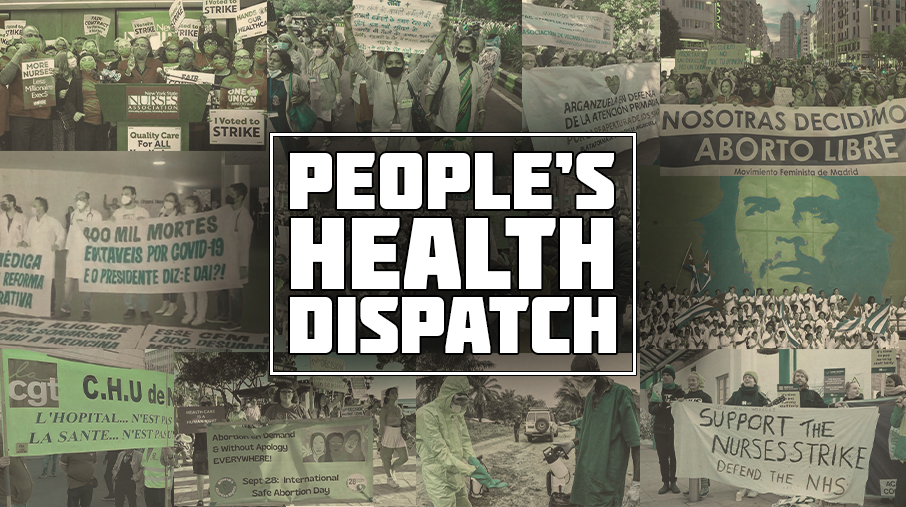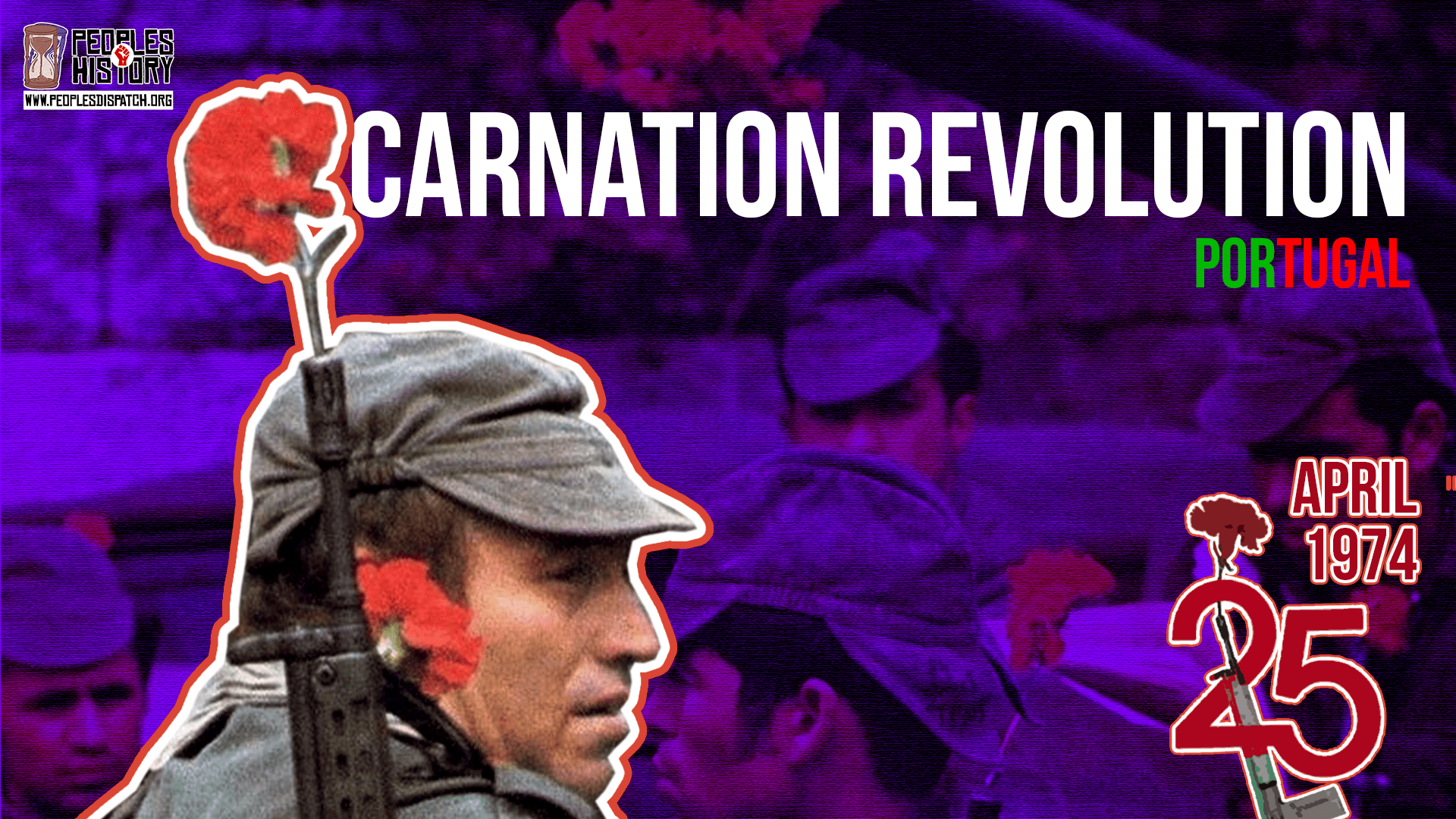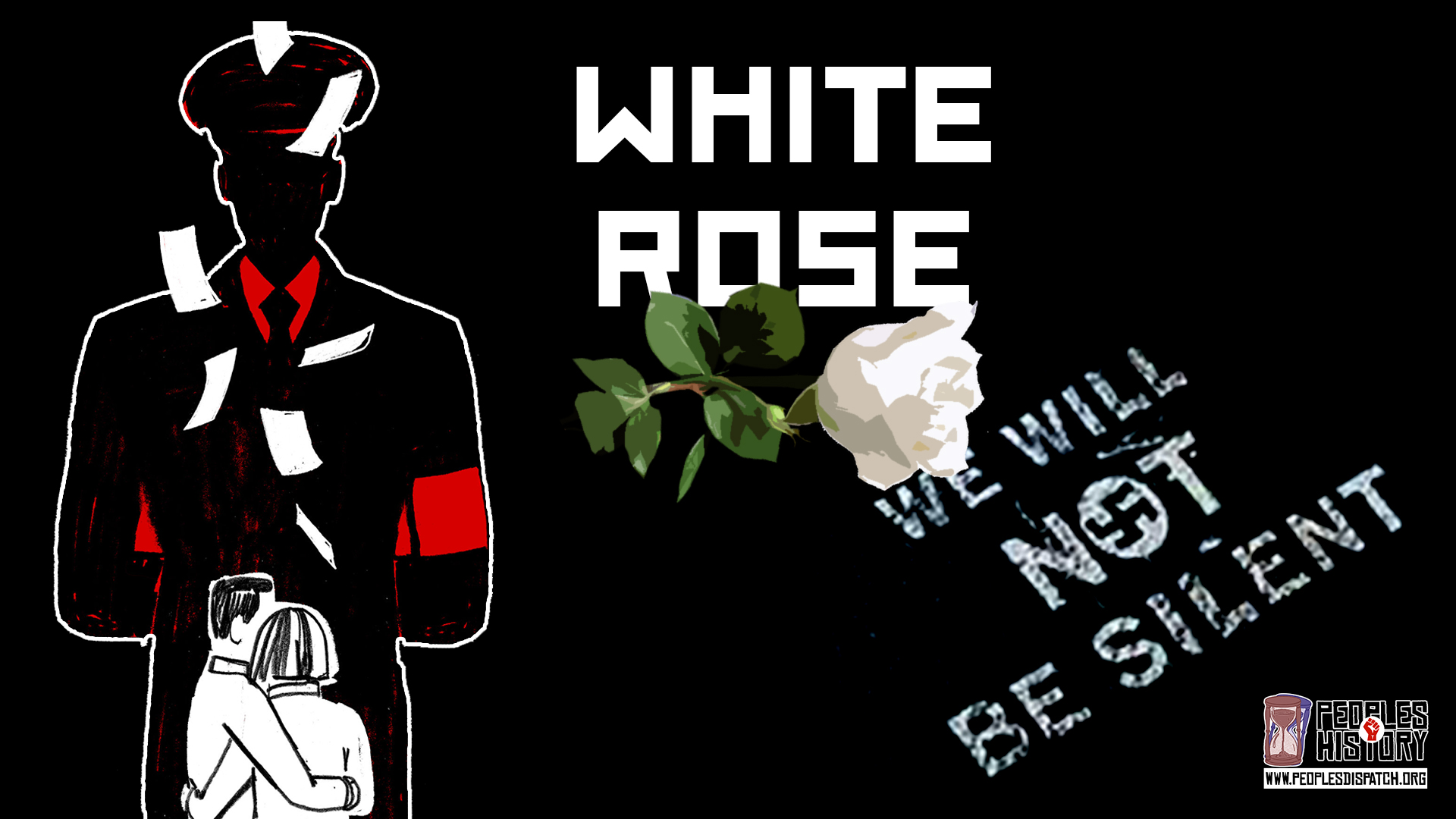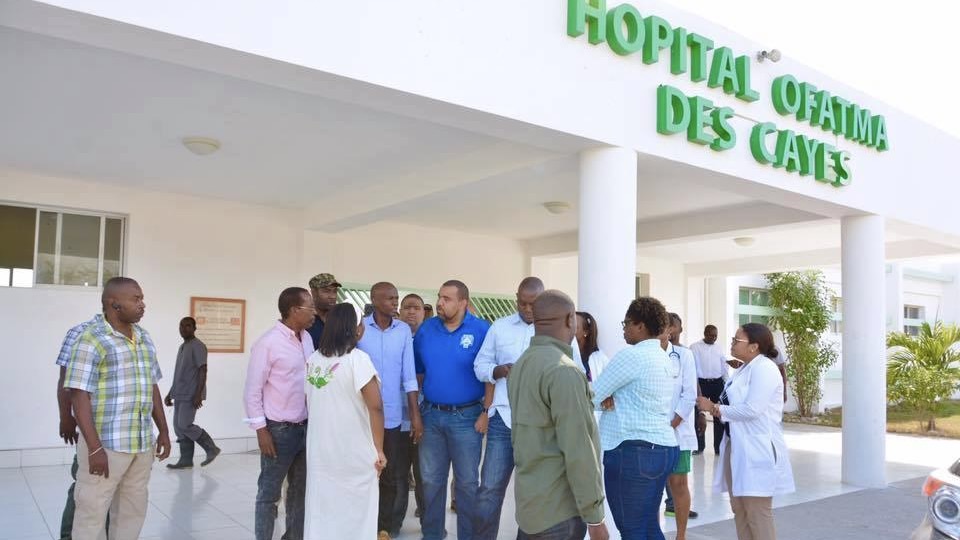 Fuel shortage: SOS call for hospitals in Les Cayes, Haiti
Fuel shortage: SOS call for hospitals in Les Cayes, Haiti
Head of health unit in Haiti’s South Department calls for emergency measures to allow hospitals in the city of Les Cayes to access enough fuel to run generators
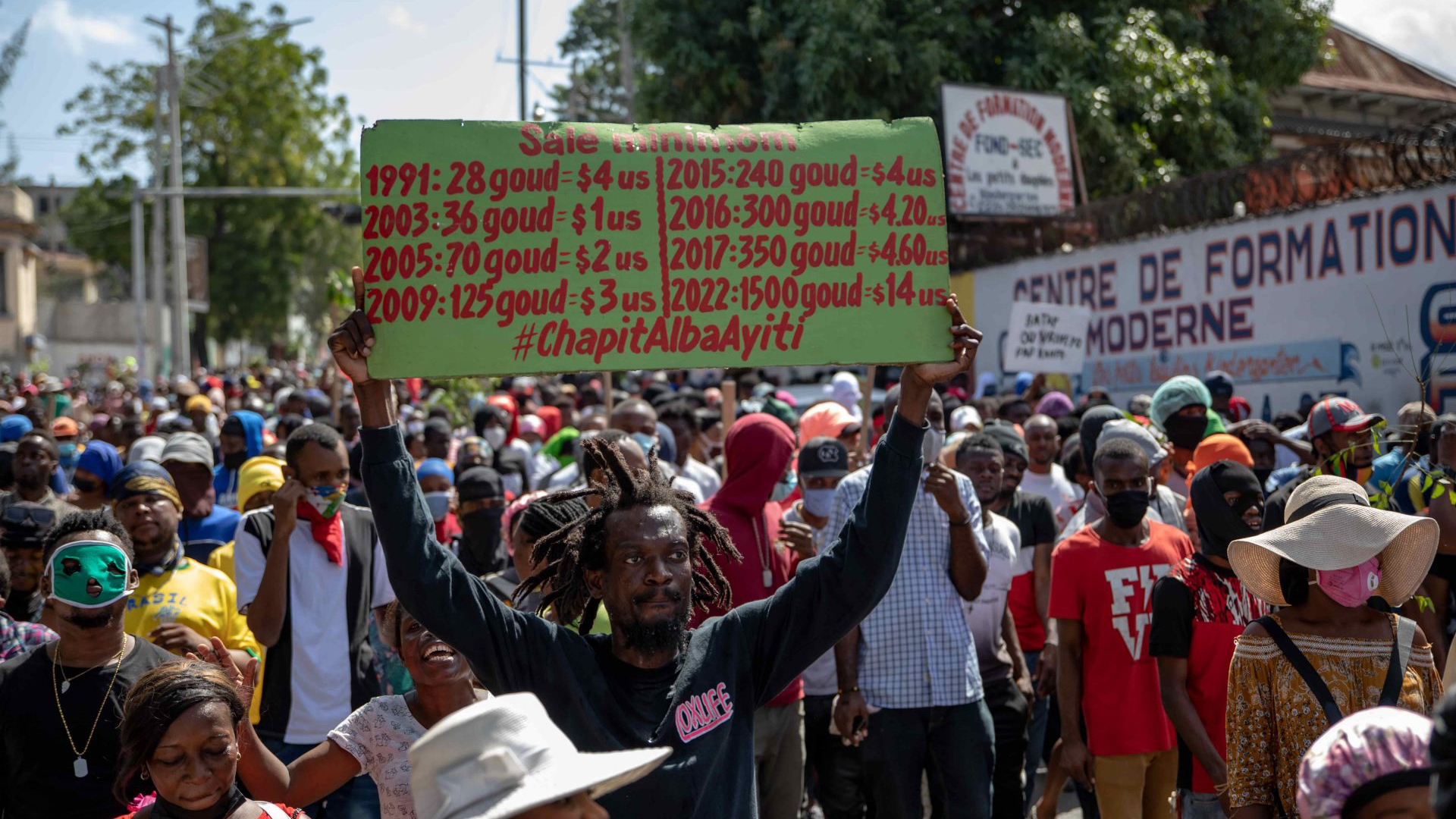 Anti-government protests in Haiti enter sixth week
Anti-government protests in Haiti enter sixth week
Since August 22, Haitians have been mobilizing against poverty, food insecurity, soaring inflation, fuel shortages, and widespread kidnappings and killings
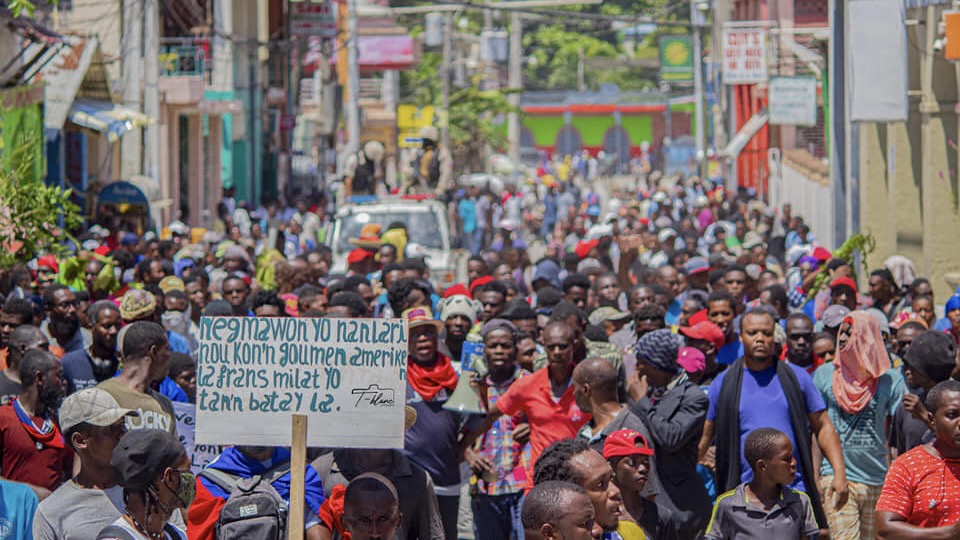 “The Haitian people need a socialist state,” says journalist Jean Waltès Bien-Aimé
“The Haitian people need a socialist state,” says journalist Jean Waltès Bien-Aimé
Tens of thousands of Haitians have been taking to the streets, demanding the resignation of Ariel Henry. To understand the situation on the ground, we spoke with Haitian journalist Jean Waltès Bien-Aimé
 Cost of living crisis in Haiti sparks protests
Cost of living crisis in Haiti sparks protests
With an inflation rate of around 29 percent, the highest in the last decade, Haiti has been hit by a cost of living crisis marked by increasing rates on fuel and essential commodities.
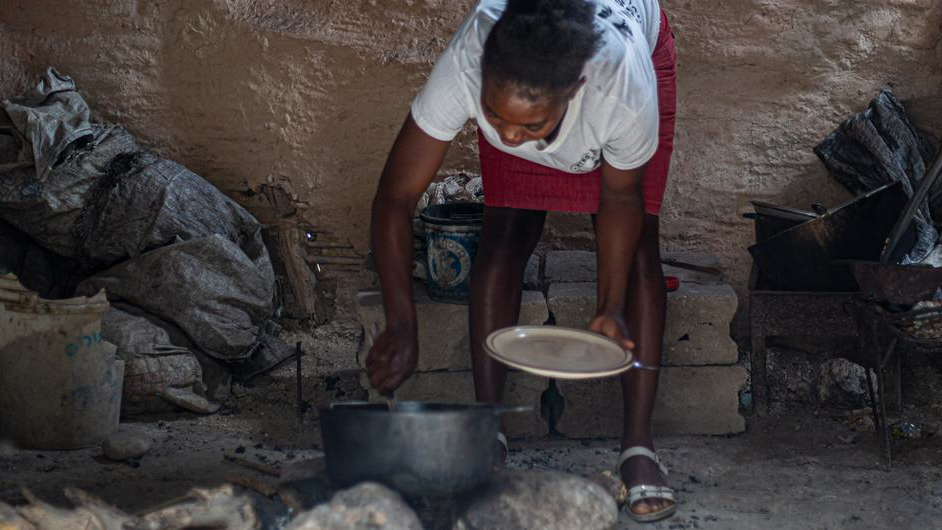 WFP warns of unprecedented levels of hunger and food insecurity in Haiti
WFP warns of unprecedented levels of hunger and food insecurity in Haiti
According to the latest Integrated Food Phase Classification (IPC) report, between March and June 2022, 4.5 million Haitians will be facing severe hunger
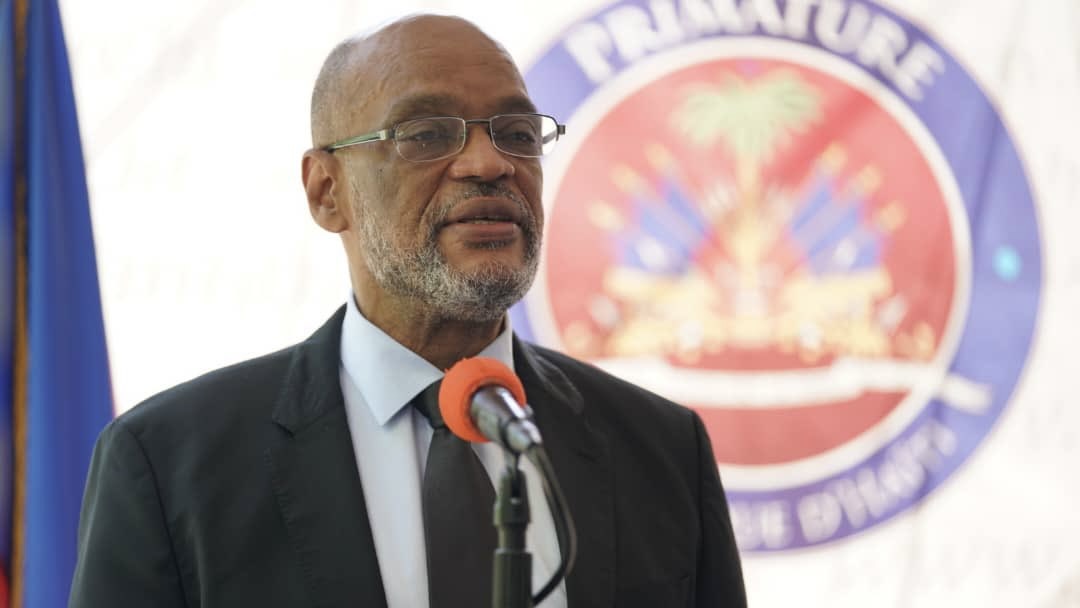 Haiti’s acting Prime Minister survives assassination attempt
Haiti’s acting Prime Minister survives assassination attempt
Authorities reported that Ariel Henry, Haiti’s acting head of state, survived an assassination attempt during an independence day event on January 1
 Latin American and Caribbean states ratify unity against imperialism and other stories
Latin American and Caribbean states ratify unity against imperialism and other stories
Today we look at the final agreement signed at the 20th Summit of ALBA-TCP in Cuba, rising casualties after a major fuel tank explosion in Haiti, and more
 Conditions worsen in Haiti amid fuel shortages
Conditions worsen in Haiti amid fuel shortages
The gas stations in Haiti have been short of fuel since the beginning of September as the criminal armed gangs have seized control of major oil terminals and blocked ports that hold fuel stores. The acute scarcity of fuel has impacted key sectors of life
 Food crisis worsens in Afghanistan amid major drought and rising poverty and other stories
Food crisis worsens in Afghanistan amid major drought and rising poverty and other stories
Today we look at the hunger crisis in Afghanistan amid a severe drought; a strike against insecurity and critical fuel shortages in Haiti, and more
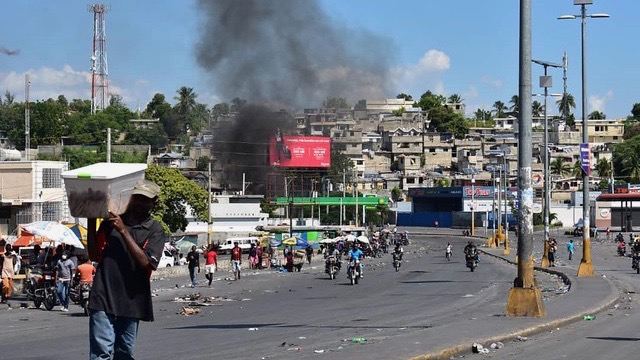 Haitian trade unions strike against growing insecurity
Haitian trade unions strike against growing insecurity
According to reports, kidnappings increased by 300% across Haiti and over 19,000 people were internally displaced in Port-au-Prince alone this year
 Case against leaders of South Africa’s shack-dwellers movement dropped and other stories
Case against leaders of South Africa’s shack-dwellers movement dropped and other stories
Today we look at the dismissal of charges against leaders of Abahlali baseMjondolo, the strike by trade unions in Haiti to protest social and economic insecurity, and more
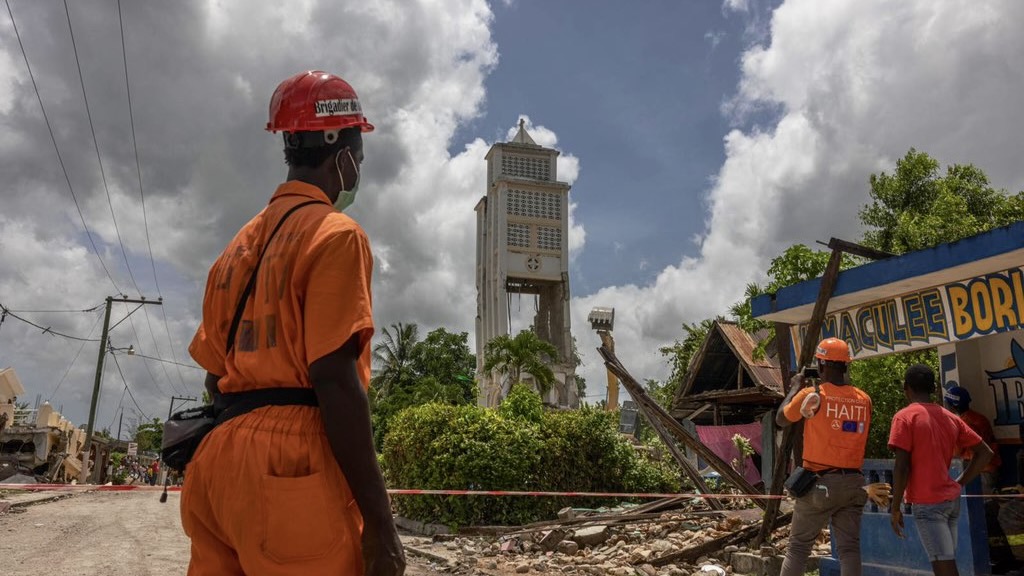 UNICEF warns of possible re-emergence of waterborne diseases in Haiti
UNICEF warns of possible re-emergence of waterborne diseases in Haiti
UNICEF estimated that about 540,000 children, in the earthquake-stricken departments of Haiti, are threatened with acute respiratory infections, diarrhoeal diseases, cholera and malaria due to the lack of drinking water, sanitation and hygiene facilities


